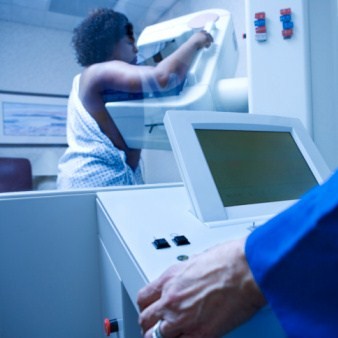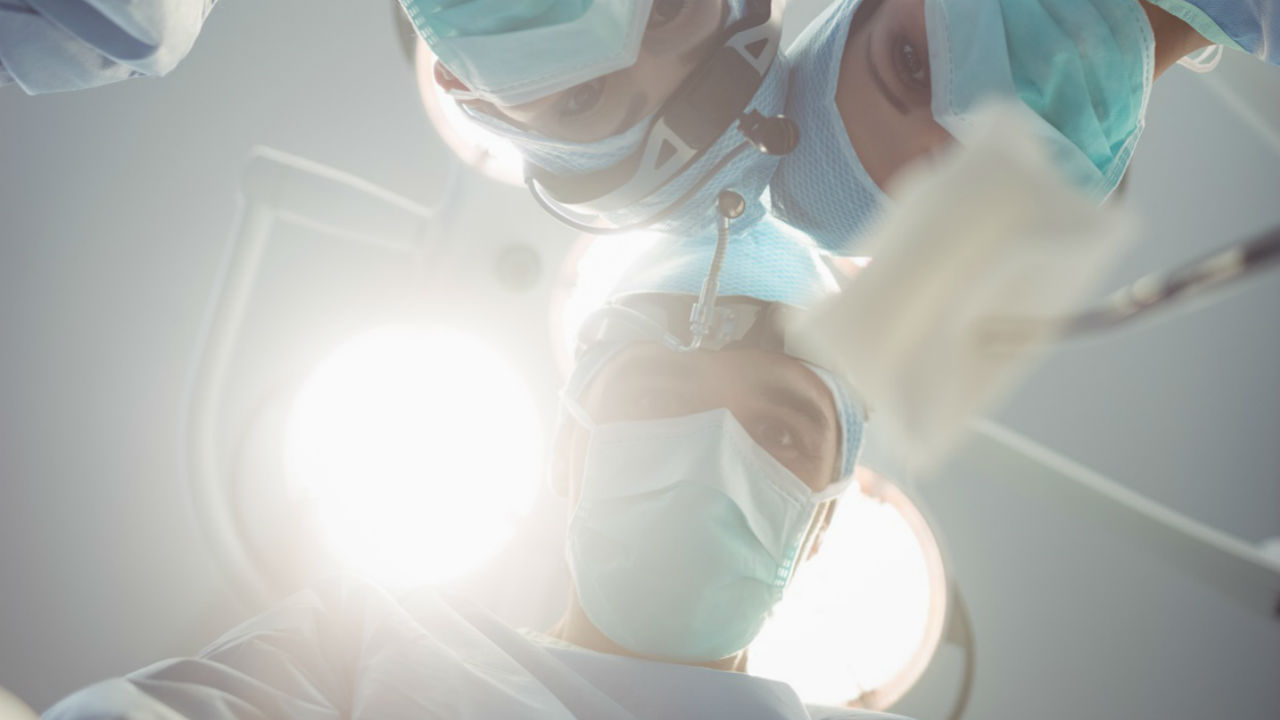 Photo: Getty Images
Photo: Getty Images
In death, as in life, Elizabeth Edwards is bringing awareness to breast cancer. Last week, Elizabeth Edwards and mammograms led trends on Yahoo searches.
Edwards’ cancer story began in 2004. She discovered a lump the size of a plum. Prior to finding her lump, Edwards had not had a mammogram in over 4 years. Also, Edwards did not have a family history of breast cancer.
The American Cancer Society recommends that if a woman does breast self-exams, she should ask a health professional to review her technique at her next checkup.
Also, the CDC data shows that about 36 percent of women in their 40s, about 28 percent of women 50-64, and about 36 percent of women 65 and older hadn't gotten a mammogram in the previous two years.
Lisa Adams, a Connecticut blogger, who commemorated Edwards wrote, "The sooner you detect it, the more options you have to treat it. If you deny yourself early detection, you will have fewer options."
Edwards' cancer was reportedly the estrogen receptor-positive (ER-positive) type, meaning the cancer grows in high-estrogen environments. Doctors say it's the most common form of breast cancer and is also the type that leads to the most deaths.
After her husband, and his running mate John Kerry, conceded the presidency to George W. Bush, Edwards went straight from the non-stop campaign trail to seven months of cancer treatment. Edwards’ cancer treatment included chemotherapy and lumpectomy. Also, she had radiation and triedaromatase inhibitors (which are drugs that block production of the hormone estrogen).
Her type of cancer generally starts in the milk ducts of the breast. Then it breaks through the wall of the duct and invades the fatty tissue of the breast. This is the most common form of breast cancer, accounting for 80 percent of cases.
Edwards accepted her cancer and discussed how she would not survive. In her own style, Edwards became a different kind of spokeswoman for breast cancer.
Ezra Klein of the Washington Post said it was likely her diagnosis that spurred Edwards's interest in universal health care. It is because of Edwards that President Obama's universal health plan came into existence.
According to Klein, Edwards's real impact on health-care reform was much larger than people realize. She pushed John Edwards to make a comprehensive and universal health-care reform plan the centerpiece of his second presidential campaign. John Edwards was the first of the major Democratic candidates to come out with a universal health-care plan.
Also, Klein said that when Obama flew to North Carolina to court Edwards's endorsement, Obama got into an argument with Elizabeth over the individual mandate -- an argument that, as you can see from the individual mandate in the health-care law, Elizabeth Edwards eventually won.
Without Elizabeth Edwards's involvement, health-care reform might never have passed.
Sources:
http://abcnews.go.com/Health/elizabeth-edwards-doctors-cancer-progressed-rapidly-decision-end/story?id=12332518
http://www.webmd.com/breast-cancer/features/elizabeth-edwards-breast-cancer
http://ycorpblog.com/2010/12/10/searchtrends12102010/
http://voices.washingtonpost.com/blog-post/2010/12/elizabeth_edwards_and_the_canc.html
http://voices.washingtonpost.com/blog-post/2010/12/elizabeth_edwards_dies_her_lif.html





Add a Comment1 Comments
Elizabeth Edwards is an inspiration to all women. She dealt with life with grace. She was bright, articulate, and down to earth-she will be missed.
December 13, 2010 - 8:10pmThis Comment